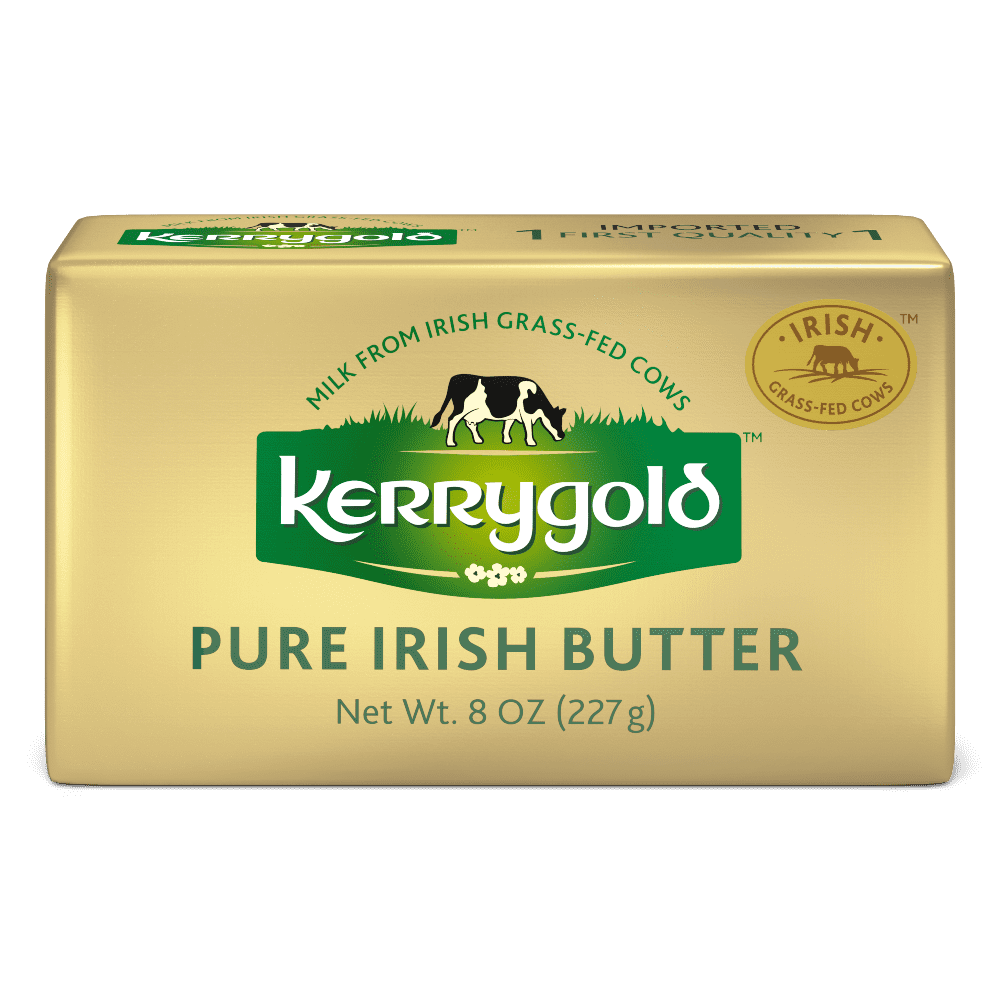Immediately after a car accident, your first priority should be seeking medical attention for yourself and any others who may have been injured.
Once you have done so, gather as much information as possible, such as the names and contact information of all parties involved, photos of the accident scene, damage to vehicles, witness statements, and police reports.
Once you have taken care of your immediate needs, it is recommended to seek legal representation to ensure that your rights are protected and you have the best chance at receiving fair compensation for damages.



